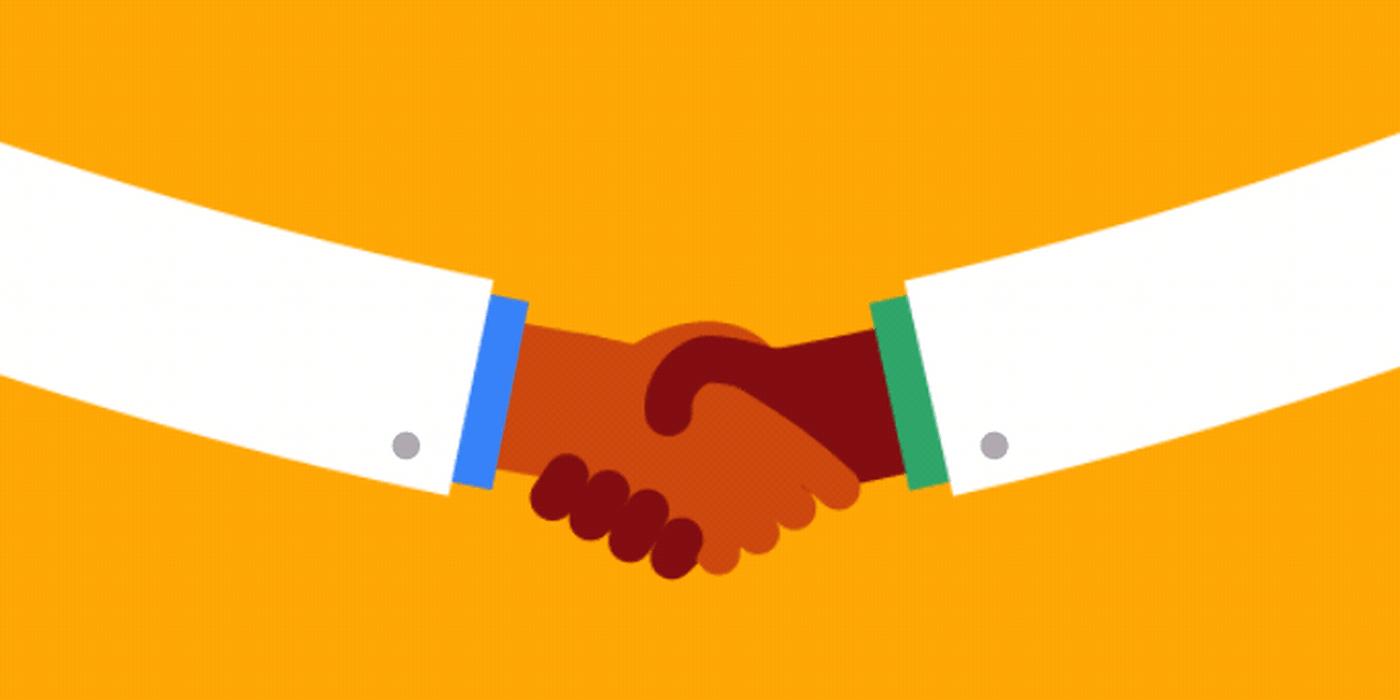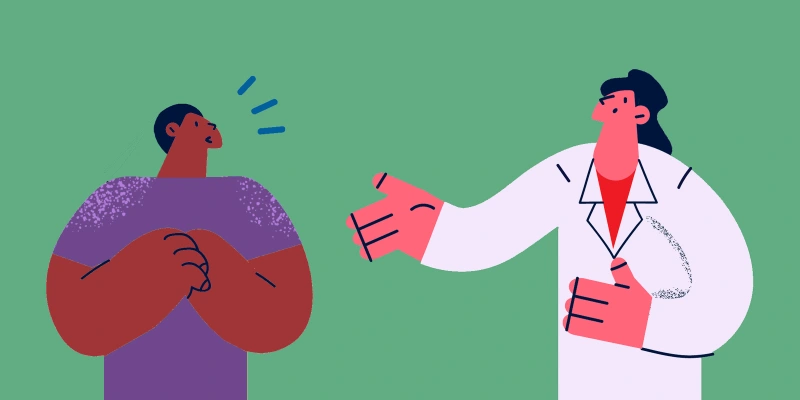With COVID-19 integrated into normal life and mandatory restrictions uplifted, conferences are back in person. Conferences promote advancement of patient management, technological innovation, and medical education. They provide a multitude of benefits ranging from being an integral part of medical education, staying updated on the latest research, or gaining further insight into a specialty. This editorial addresses how to have a meaningful experience by selecting an appropriate conference, what to bring, how to network, establish relationships, and afford it.
Picking the right conference
Conferences can be an essential part of your education, accelerate your career, connect you with leaders in the field, offer further insight in a specialty, or help you stay updated with the latest research. Things to consider before selecting a conference involve location, educational opportunities, scale of the conference, and what you hope to gain from the experience. Constructing a schedule of all the conferences you would like to attend in an excel sheet will help you stay organized. Items to include on the excel sheet are conference title, dates, time, location, link to conference details, registration deadline, and abstract deadline. Ideally, planning about 1-2 months in advance is recommended before deciding on a conference to allow enough time to coordinate travel, confirm registration and fully prepare. Keep in mind if you are hoping to present your work, the deadline may be months ahead of the actual conference date.
Conference essentials
It is critical to have everything you need before reaching your conference to ensure a smooth and successful trip. Making a positive first impression is important. How you physically present yourself will be the first thing fellow attendees observe. Typical attire is business professional, but make sure to have comfortable shoes and compression stockings as there will be a great deal of walking! Bringing a briefcase/handbag which can fit a notebook, pens, brochures, charger and samples is vital. Having a notebook or laptop will be helpful with taking notes as you learn from all the presentations and for any contact information with other professionals you encounter. While vending machines and refreshments may be available, bringing a water bottle and snacks will be handy for long sessions.
Looking through the speaker agenda to familiarize yourself with topics and the times sessions are held, will help you manage your day. Prioritize the talks you would want to attend, especially since there may be multiple talks occurring simultaneously. The agenda is posted on the conference website, or some national conferences will have applications to help guide you through events and presentations. Applications may also have digital handouts attached to specific sessions which can be helpful for consolidating information and a floorplan of the venue to help orient you.
How do you network?
Make a list of the people you want to connect with. Research their background, talks they will be giving, and recognize their face. Once your list is made, introduce yourself virtually beforehand. A few ways to connect include email, social media platforms, LinkedIn and Doximity. Establishing a connection prior makes it easier and more likely to converse and network with them in person.
It may be intimidating approaching someone you have never met before in a crowded conference. Reaching out to speakers prior to the event to set aside time with them, will make it much easier to approach them without interrupting their busy agenda. Alternatively, having a mentor or colleague introduce you is ideal. If you do not have someone to personally introduce you, a good way to break the ice with someone is expressing interest in their field of expertise, research or talk. Asking an open-ended question about their favorite talk or event, allows natural conversation to progress. During break periods or meals is a great opportunity to converse with people. At conferences where the intention is to network, most people are open to strangers walking up to them or joining their table at a meal. Many conferences also have dedicated time for networking such as social hours, mixers, and career fairs. Dinners and events hosted by sponsors are a great place to network as it can be a much more relaxed environment. Do not hesitate to put yourself out there!
Be sure to formally introduce yourself. Your introduction should include your name, pertinent academic institution, interests, and goals. At the conversation’s conclusion, to further this potential lead beyond the conference, be sure to politely request contact information. Allow your contact to decide which contact information they would like to offer.
What to do after?
You never know how a connection may impact your future or transform the trajectory of your career. It is imperative to take the initiative to email or text them reminding them who you are, thanking them for their attention and time and requesting a continued connection with them. Ideas to keep the line of communication open are requesting a zoom call in the future, potentially working on a research project together and asking for career guidance.
How can I afford it?
Depending on the location and duration of a conference, it may be quite costly. Conferences hosted in hotels often have discount prices for registrants of a conference. Be sure to note the deadlines of these block out dates. Splitting the cost of a nearby Airbnb or VRBO with a colleague attending the same conference can also be helpful. As a student, resident, or fellow, you may qualify for compensation from your institution. Keep all your receipts including printing the posters, registration fees, gas, food, etc. to see what may be covered by your institution or employer. Scholarships are also available for medical trainees at different levels to help with the cost of attendance.
Conclusion
Although connecting with professionals at a massive event can be daunting and uncomfortable, it can also be extremely rewarding and enjoyable. Networking is a fundamental skill and art that can lead to fruitful collaborations, lifelong relationships and help cultivate your career. Remember that the people you look up to were in your shoes at one point as well!
The authors have no conflicts of interest to report.
Animation by Diana Connolly






